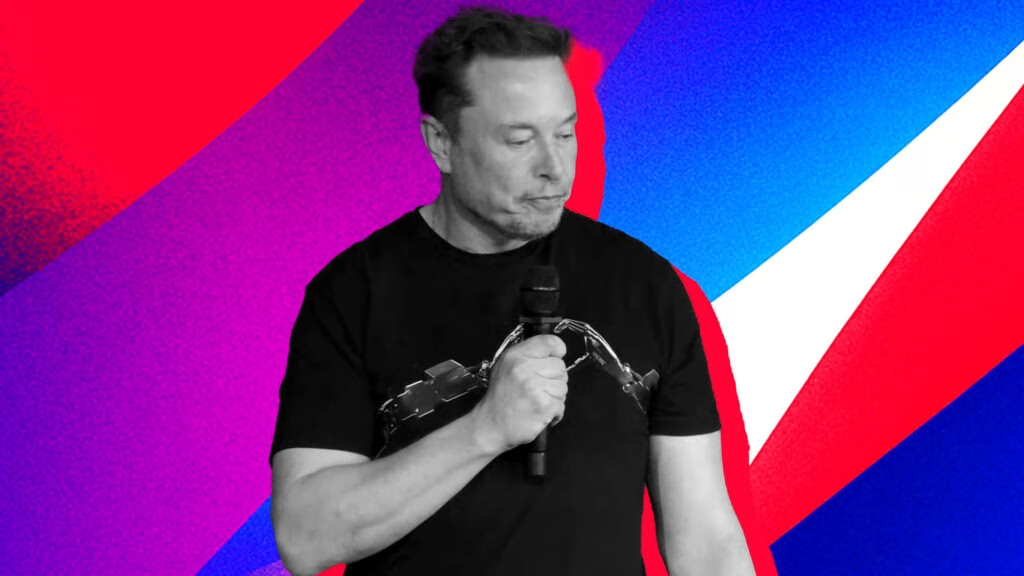How Did Elon Musk’s Politics Change the Way People Feel About Electric Cars?
It’s not every day that a single person’s public persona manages to shift an entire industry’s reputation. Yet, that’s exactly what’s happened with Elon Musk and electric vehicles (EVs). For years, EVs were the darling of the left—symbols of environmental progress and tech-forward thinking. But as Musk’s political antics have taken center stage, the ground has shifted beneath the wheels of the EV market. Let’s dig into what’s really going on.
Why Did Liberals Start Turning Away from EVs?
For decades, liberals were the backbone of the EV movement. California’s love affair with Teslas? That’s no accident. Early adopters saw electric cars as a tangible way to fight climate change and stick it to Big Oil. But a recent study published in Humanities & Social Sciences Communications found something surprising: as Musk’s political image veered right, liberal enthusiasm for EVs began to wane.
The research, which surveyed Americans multiple times between 2023 and 2025, tracked a clear trend. As Musk became more vocal in his alignment with conservative figures and causes, liberals’ willingness to buy an EV—any EV, not just a Tesla—dropped sharply. Alexandra Flores, the study’s lead author, summed it up: Musk became so synonymous with EVs that his reputation started to rub off on the entire category. The result? Liberals who once championed electric cars are now just as likely to pass on a Tesla as they are any other EV.
Did Musk’s MAGA Turn Win Over Conservatives?
You’d think that Musk’s public support for Donald Trump and the broader MAGA movement might have made Teslas more appealing to conservatives. After all, if the world’s most famous EV CEO is now on your team, why not give his cars a second look?
But the data tells a different story. Across every survey, conservatives remained largely uninterested in EVs, regardless of Musk’s political pivot. The perception that electric cars are “liberal toys” hasn’t budged. In fact, some right-leaning buyers see Musk’s antics as little more than cosplay—fun to watch, maybe, but not enough to change their minds about what belongs in their driveway.
What’s the “Musk Effect” and Why Does It Matter?
Here’s where things get really interesting. The “Musk Effect” isn’t just about Tesla’s brand—it’s about the entire EV market. According to Flores, Musk’s outsized presence in the EV space means that his personal reputation now colors how people see electric cars in general. When he’s in the headlines for controversial tweets or political stunts, it’s not just Tesla that takes a hit. The whole idea of driving electric suddenly feels less appealing to people across the political spectrum.
This is a rare phenomenon in consumer behavior. Usually, a CEO’s reputation is tied to their company, not an entire product category. But Musk’s celebrity status and relentless self-promotion have made him the face of EVs in America. For better or worse.
Are There Real-World Consequences for Tesla and the EV Industry?
Absolutely. The numbers speak for themselves. According to the International Energy Agency, global EV sales grew by 35% in 2023, but growth in the US has started to slow, especially among demographics that once led the charge. Tesla’s own sales figures have plateaued in some key markets, and other automakers are feeling the chill as well.
It’s not just about sales, either. Some Tesla owners have even filed lawsuits, claiming that Musk’s political image has made them targets for social stigma. Imagine buying a car for its environmental benefits, only to find that your neighbors now see you as making a political statement you never intended. That’s the kind of brand whiplash that keeps marketing execs up at night.
What Can the Industry Do to Rebuild Trust and Broaden Appeal?
The EV industry faces a tricky balancing act. On one hand, there’s no denying Musk’s role in making electric cars cool and accessible. On the other, his polarizing persona is now a liability. Automakers hoping to win over skeptical buyers—on both the left and right—need to decouple the idea of EVs from any single personality.
Some companies are already shifting their messaging. Ford, GM, and Hyundai have started to emphasize practical benefits like lower maintenance costs, instant torque, and the growing charging network. They’re also highlighting endorsements from a wider range of voices, from rural business owners to suburban families, in an effort to make EVs feel less like a political statement and more like a smart choice for everyone.
The Big Takeaway: EV Adoption Isn’t About Perfection—It’s About Smarter Adjustments
The lesson here? The story of EVs in America isn’t just about batteries and range—it’s about identity, perception, and the quirks of human behavior. If you’re in the market for a new car, don’t let one person’s antics steer you off course. Start with one change this week—maybe test drive an EV or chat with a neighbor who owns one. By month’s end, you might just see the road ahead a little differently.

